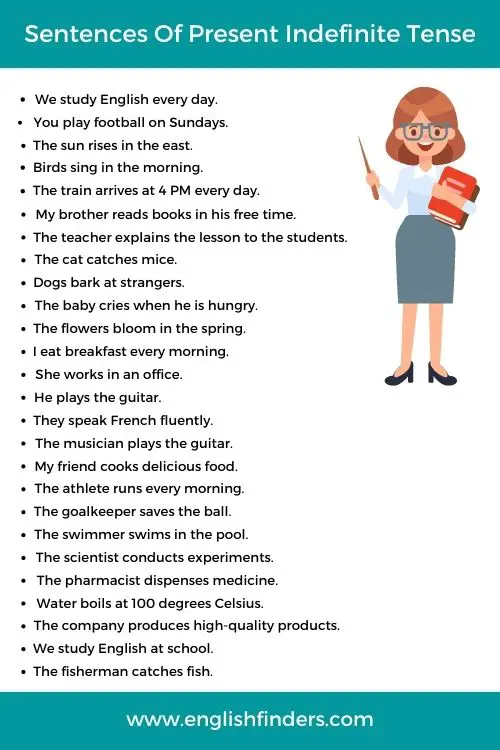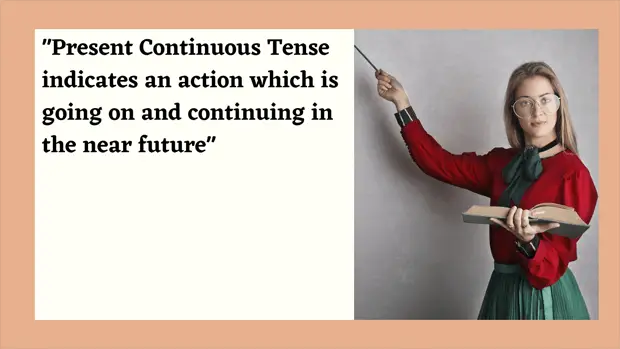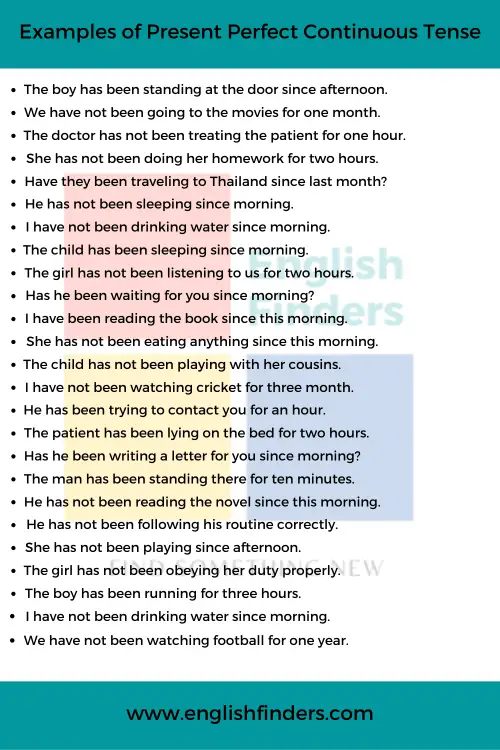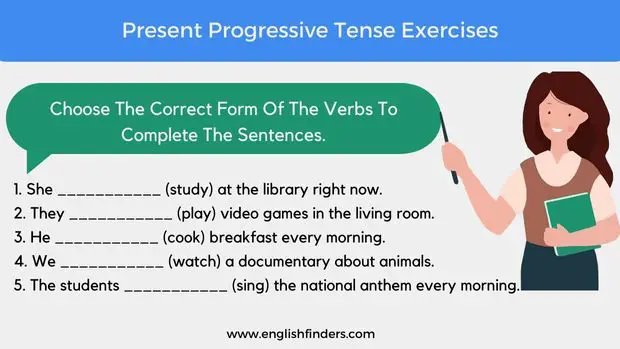Last updated on May 11th, 2025 at 04:49 pm
The present indefinite tense, also known as the simple present tense, is a verb tense used to describe actions that are currently happening, habitual facts, and general truths.
In this tense, the verb is in its base form for all subjects except for the third person singular, where an “s” is added to the end of the verb (e.g., “I walk”, “He walks”). In this article, we have put together 100 sentences of present indefinite tense that will help you better grasp this important grammatical concept.
What is the Present Indefinite Tense?
Quick Navigation
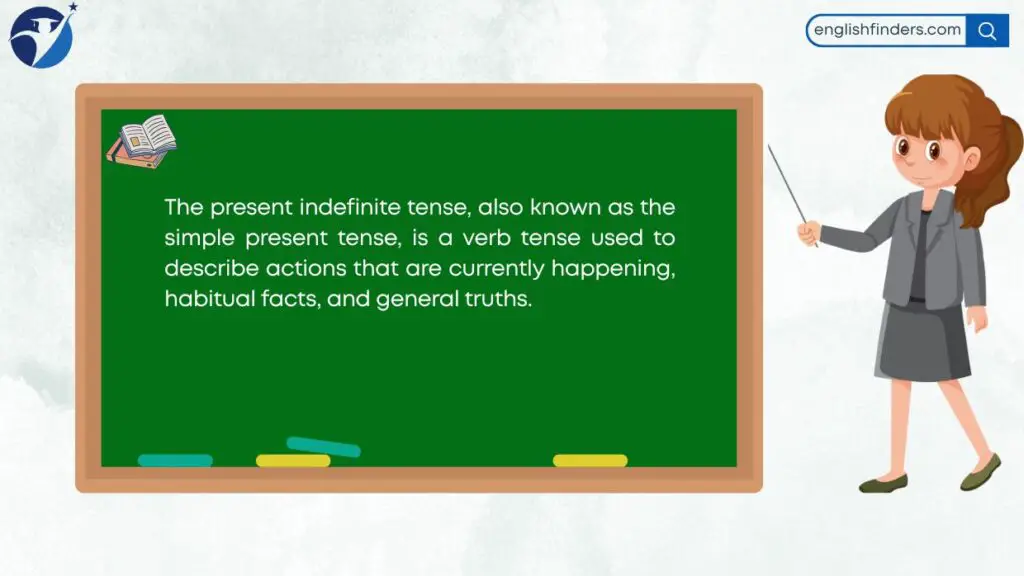
The Present Indefinite Tense, also called the Simple Present Tense, is one of the most commonly used tenses in English. We use it to talk about things that happen regularly, every day, or things that are always true.
Let’s break it down in a way that’s easy to understand.
✅ Structure of Present Indefinite Tense:
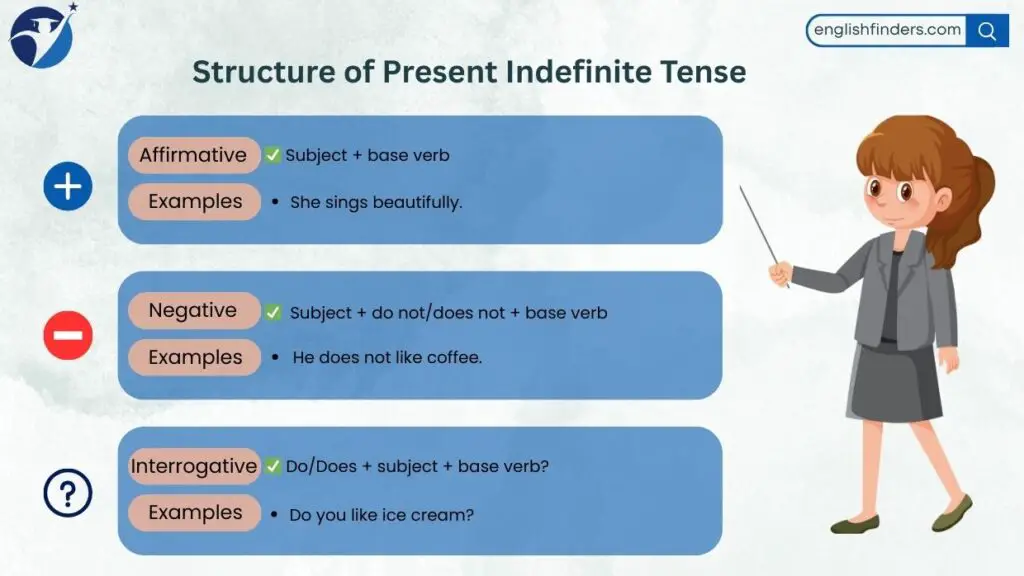
Here are the three basic sentence types and how we form them:
🟢 Affirmative (Positive) Sentences
Structure: Subject + base verb (add s/es if the subject is he, she, or it)
- I play football.
- She sings beautifully.
- They go to school.
Notice how “sing” becomes “sings” when the subject is “she.” (Third person singular number)
🔴 Negative Sentences
Structure: Subject + do not/does not + base verb
- I do not play football.
- He does not like coffee.
- We do not watch TV every day.
We use “does not” for he, she, it—and “do not” for I, you, we, they.
🔵 Interrogative (Question) Sentences
Structure: Do/Does + subject + base verb?
- Do you like ice cream?
- Does she go to school?
- Do they play cricket?
Again, “does” is for he, she, it—and “do” is for I, you, we, they.
The Present Indefinite Tense is simple, but very powerful. It helps you describe what you do every day, like brushing your teeth, eating breakfast, or going to school. As you practice more sentences of Present Indefinite Tense, your confidence in speaking and writing will grow quickly.
When Do We Use the Present Indefinite Tense?
Now that you know how the Present Indefinite Tense is formed, you might be wondering—when should I use it? Great question! This tense is super useful because it helps you talk about things that happen often or facts that don’t really change.
Let’s look at some common situations where we use sentences of Present Indefinite Tense:
✅ 1. Daily Habits and Routines
We use the Present Indefinite to talk about what we do every day or regularly.
🟢 Examples:
- I wake up at 7 a.m.
- She drinks milk every morning.
- We go to school from Monday to Friday.
These are things that happen again and again—like part of your daily schedule.
✅ 2. Universal Truths or Facts
This tense is perfect for sharing information that is always true.
🟢 Examples:
- The sun rises in the east.
- Water boils at 100 degrees Celsius.
- Mount Everest is the highest mountain.
These facts don’t change, so we use the Present Indefinite Tense.
✅ 3. General Statements
Use this tense when you’re making a simple statement that’s not limited to a specific time.
🟢 Examples:
- He loves soft music.
- They speak English well.
- I like to visit natural places.
You’re talking about how things generally are, not what’s happening right now.
✅ 4. Scheduled Events (Sometimes)
Surprisingly, we also use this tense for fixed schedules, especially with transportation or events.
🟢 Examples:
- The train leaves at 5 p.m.
- School starts at 8:30 a.m.
- The movie begins at 7 o’clock.
Even though it’s in the future, the schedule is fixed—so we use Present Indefinite!
100 Sentences of Present Indefinite Tense (Divided by Type)
Let’s now look at 100 easy and helpful sentences of Present Indefinite Tense. These examples are grouped into affirmative, negative, interrogative, and mixed types so you can see how the tense works in different sentence forms. Ready to boost your grammar skills? Let’s go!
Sure! Here’s your list of 100 Present Indefinite Tense sentences in number format, divided by type for easy reading:
🔹 A. Affirmative Sentences
These are simple statements that tell us something.
- I play football every evening.
- She sings very well.
- They eat lunch at noon.
- He watches cartoons on weekends.
- We study together after school.
- You speak clearly.
- The sun rises in the east.
- My brother loves chocolate.
- I go to school by bus.
- She reads books in her free time.
- We enjoy playing games.
- It rains a lot in July.
- You write neatly.
- They walk to the market.
- He drinks coffee in the morning.
- I visit my grandma on Sundays.
- She dances beautifully.
- The dog barks loudly.
- Birds fly in the sky.
- We play cricket after school.
- He likes to watch movies.
- You always smile.
- I listen to music every night.
- She wears glasses.
- The train stops at this station.
- We clean our room every day.
- I brush my teeth twice a day.
- He reads the newspaper daily.
- You help your parents.
- My cat sleeps on the sofa.
🔹 B. Negative Sentences
These sentences show that something does not happen.
- I do not play video games.
- He does not eat spicy food.
- They do not go to school on Sundays.
- She does not drink milk.
- We do not like noise.
- You do not watch horror movies.
- It does not snow here.
- He does not speak loudly.
- I do not wake up late.
- She does not dance well.
- They do not understand the lesson.
- You do not visit the park often.
- My sister does not cook.
- We do not live in a big city.
- He does not write neatly.
- I do not skip breakfast.
- She does not like rain.
- It does not bite.
- They do not know the answer.
- Lora does not forget her homework.
- He does not swim well.
- I do not wear glasses.
- She does not listen to me.
- We do not watch TV during dinner.
- My parents do not allow that.
- He does not work on Sundays.
- I do not lie to my friends.
- You do not complain much.
- She does not shout in class.
- They do not visit often.
🔹 C. Interrogative Sentences
These are questions using Present Indefinite Tense.
- Do you like chocolate?
- Does he play cricket?
- Do they go to school daily?
- Does she cook well?
- Do we have homework today?
- Does your brother read books?
- Do you wake up early?
- Does she sing songs?
- Do birds fly high?
- Does he clean his room?
- Do they enjoy the game?
- Does it look good?
- Do you play the guitar?
- Does your father drive a car?
- Do we speak politely?
- Does the sun rise in the east?
- Do I talk too much?
- Does she like your dress?
- Do you drink coffee?
- Does your cat sleep a lot?
- Do they finish their homework?
- Does he play video games?
- Do we go to the same class?
- Does she watch TV every day?
- Do you call your friend daily?
- Does it work well?
- Do children play outside?
- Does she speak French?
- Do they travel a lot?
- Does he visit you often?
🔹 D. Mixed Sentences (Affirmative, Negative, and Interrogative)
Let’s review all three forms together for better practice.
- I read books. / I do not read books. / Do I read books?
- He plays the piano. / He does not play the piano. / Does he play the piano?
- They go to school. / They do not go to school. / Do they go to school?
- She drinks tea. / She does not drink tea. / Does she drink tea?
- We like music. / We do not like music. / Do we like music?
- You speak English. / You do not speak English. / Do you speak English?
- The baby cries. / The baby does not cry. / Does the baby cry?
- I watch cartoons. / I do not watch cartoons. / Do I watch cartoons?
- He eats apples. / He does not eat apples. / Does he eat apples?
- They dance well. / They do not dance well. / Do they dance well?
Final Words
And there you have it—100 sentences of Present Indefinite Tense to help you build confidence in English! 🎉
We started by learning what the Present Indefinite Tense is, when and how to use it, and then we explored examples in different sentence forms—affirmative, negative, interrogative, and mixed. These examples are here to guide you and give you a solid foundation in English grammar.
✅ Remember, the Present Indefinite Tense is all about daily habits, general truths, and simple facts. It’s one of the most commonly used tenses in English, and now you’ve got it in your toolkit!
➡️ Keep practicing these sentences regularly. Try making your own based on your daily life. The more you use them, the more natural it will feel when you speak or write in English.
Frequently Asked Questions
What is the Present Indefinite Tense used for?
The Present Indefinite Tense is used to talk about daily routines, general facts, habits, and universal truths. For example, “The sun sets in the west.”
What is the sentence structure of the Present Indefinite Tense?
Affirmative: Subject + base verb + (s/es for he, she, it)
Negative: Subject + do/does not + base verb
Interrogative: Do/Does + subject + base verb + ?
How do you form a negative sentence in the Present Indefinite Tense?
Use “do not” (don’t) or “does not” (doesn’t) + base verb.
Example:
I do not like onions.
She does not play chess.
📝 Worksheet: Sentences of Present Indefinite Tense
🔹 Part A: Fill in the blanks with the correct form of the verb
Use the Present Indefinite Tense form of the verbs in brackets.
- She __________ (read) the newspaper every morning.
- They __________ (play) football after school.
- He __________ (not like) spicy food.
- My father __________ (drive) to work every day.
- We __________ (watch) cartoons on Sundays.
- It __________ (rain) a lot in July.
- I __________ (study) English at school.
- The baby __________ (cry) at night.
- You __________ (go) to the gym regularly.
- The bird__________ (sing) in the morning.
🔹 Part B: Make Negative Sentences
Rewrite the sentences in the negative form of the Present Indefinite Tense.
- She sings beautifully.
👉 ___________________________________________ - They play video games every weekend.
👉 ___________________________________________ - He eats breakfast at 7 a.m.
👉 ___________________________________________ - I like broccoli.
👉 ___________________________________________ - We go shopping on Fridays.
👉 ___________________________________________
🔹 Part C: Make Questions
Turn these sentences into yes/no questions using Present Indefinite Tense.
- You speak English.
👉 ___________________________________________ - He watches TV after dinner.
👉 ___________________________________________ - They go to school by bus.
👉 ___________________________________________ - She drinks milk every morning.
👉 ___________________________________________ - We play cricket on weekends.
👉 ___________________________________________
🔹 Part D: Correct the Mistakes
Find and correct the error in each sentence.
- He go to school every day.
👉 ___________________________________________ - They doesn’t like swimming.
👉 ___________________________________________ - I walks to the park.
👉 ___________________________________________ - Does she plays the piano?
👉 ___________________________________________ - We not eat fish.
👉 ___________________________________________
🔹 Part E: Write Sentences About Your Daily Routine
Write 5 sentences using the Present Indefinite Tense.

Azizul Hakim is the founder & CEO of englishfinders.com. He is a passionate writer, English instructor, and content creator. He has completed his graduation and post-graduation in English language and literature.

